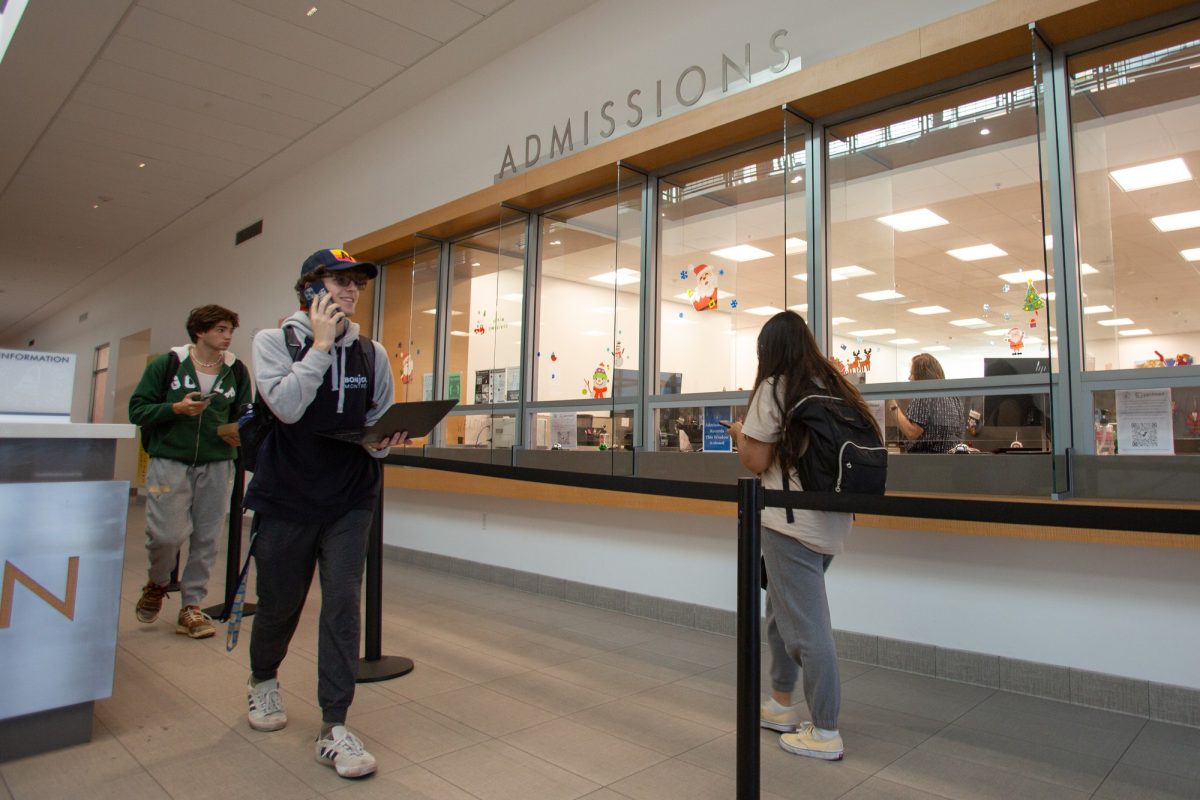Beginning fall 2011, students will pay an additional $10 per unit due to a new law signed by Gov. Jerry Brown on Friday.
“Typically, when fees go up, in this case for tuition, we see fewer students attending,” Arvid Spor, dean of enrollment services, said.
“We’ve seen in the past for about every dollar that tuition goes up, we lose about one percent of students, so we might lose as many as 10 percent of students, but we don’t know,” Spor said.
With this new bill, full-time students taking 12 units will pay $432 per semester instead of the $312 they paid until now.
Among the most affected are going to be students without any financial aid, like Anthony Guzman.
“To students with financial aid, $10 might not seem like a lot, but when you add that to books and other personal expenses it really makes an impact,” Guzman said.
Students that are financially strapped are students that suffer when tuition is increased.
“Historically, what we can say for certain is that students of middle income, low middle income and low income really feel the pinch,” Tom Lew, dean of Humanities, said.
According to an article by the California Community Colleges Chancellor’s Office, this fee increase will bring $110 million to the state’s 112 community colleges.
“This really isn’t giving us the money because what they do is they take that out of our budget before we even get it,” Lew said.
This number is based on previous enrollment, which means that if the college doesn’t enroll as many students the following semester it could lose money, something that is likely to happen.
The last time fees went up $6 per unit, in fall 2009, enrollment dropped by about 1,400. This time fees will increase $10 and the campus can more than 1,500 students, Lew said.
The California Community Colleges Chancellor office stated that fall 2009 brought a 0.2 percent enrollment decline to the campus, and a 12 percent enrollment decrease among first-time community college students.
The Academic Senate believes these fees need to stop being raised or just got rid of.
“The general position of Academic Senate says that there shouldn’t be any fee for students at community colleges, that it should be free and open access to students, so I would advocate zero fees for students,” Christina Gold, Academic senate president said.
Hopes are that the fee will stop at $10, but the possibilities of it rising higher still exist.
“It’s possible, but I don’t know that’s likely,” Spor said. “Otherwise the governor wouldn’t have signed the Senate bill to take it from $26 to $36.”








